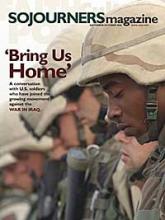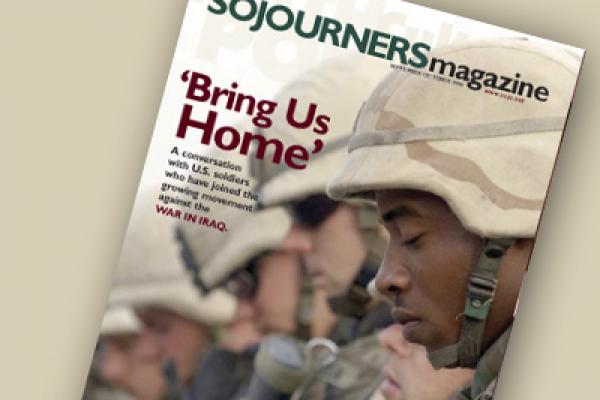The future of Iraq is in jeopardy, not primarily because of foreign occupation, aborted reconstruction, Iranian interference, unregenerate Baathists, venal Iraqi politicians, Islamist terrorists, or home-grown insurgents, but because the social body and the political mind of Iraq—the twin pillars of any nation—are endangered by this proposition: that the violence of a few will determine the prospects of the many.
In an article in The Washington Post in May, Nir Rosen of the New America Foundation, who has spent most of the last three years in Baghdad, wrote that every morning the streets “are littered with dozens of bodies, bruised, torn, mutilated, executed only because they are Sunni or because they are Shiite.” Militias retaliate, stopping buses, demanding passengers’ ID cards, and executing those of one sect or the other. Militias even enter hospitals “to hunt down or arrest those who have survived their raids.”
Rosen said that he asked a Shiite friend if, in light of all this, life had been better under Saddam Hussein. “‘No,’ he said definitively, ‘They could level all of Baghdad and it would still be better than Saddam. At least we have hope.’” To explain this, a German report on the reconstruction of civil society in Iraq noted:
... the Ba’ath regime effectively used extreme levels of violence and the powers of patronage to co-opt or break any independent vestiges of civil society. ... To take control over every part of the country and every segment of society, the regime (physically) eliminated any kind of self-initiative or independent organization. “Civil society” in Iraq was silenced by violence.
Read the Full Article

